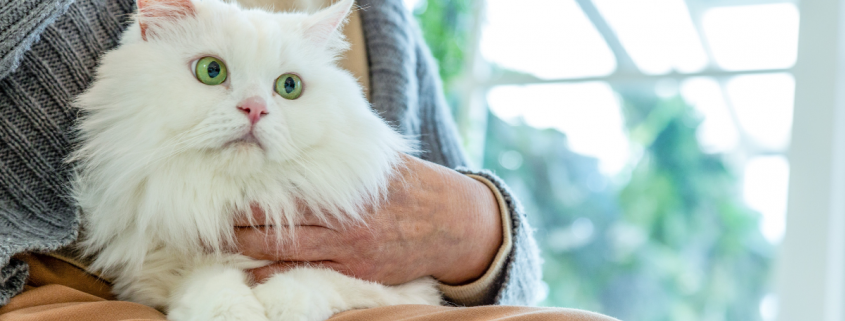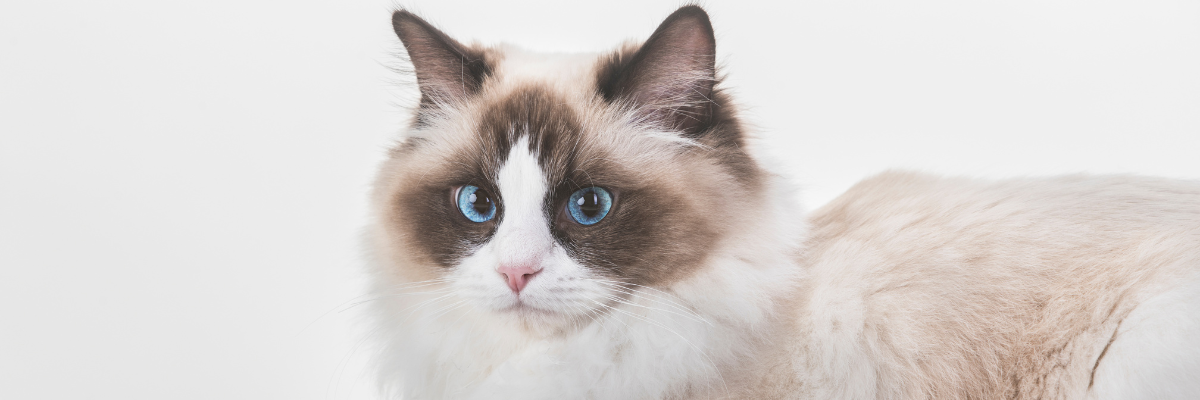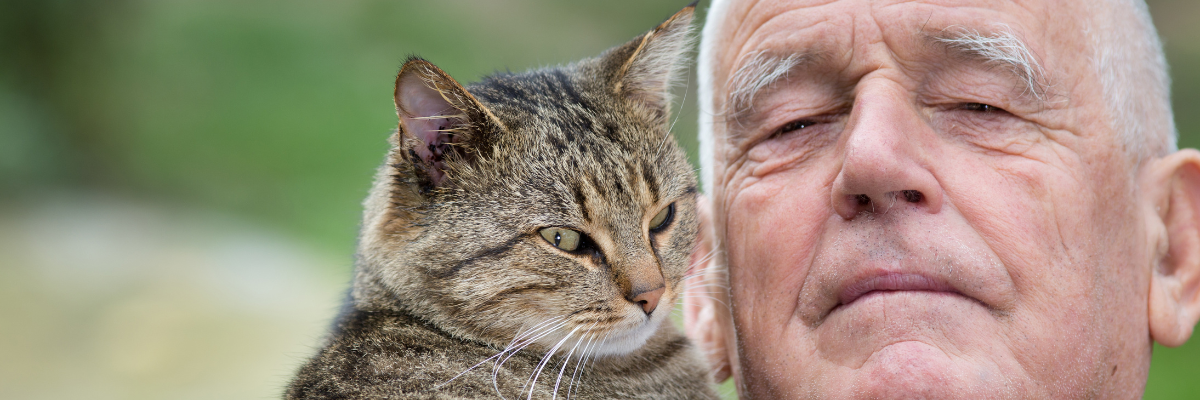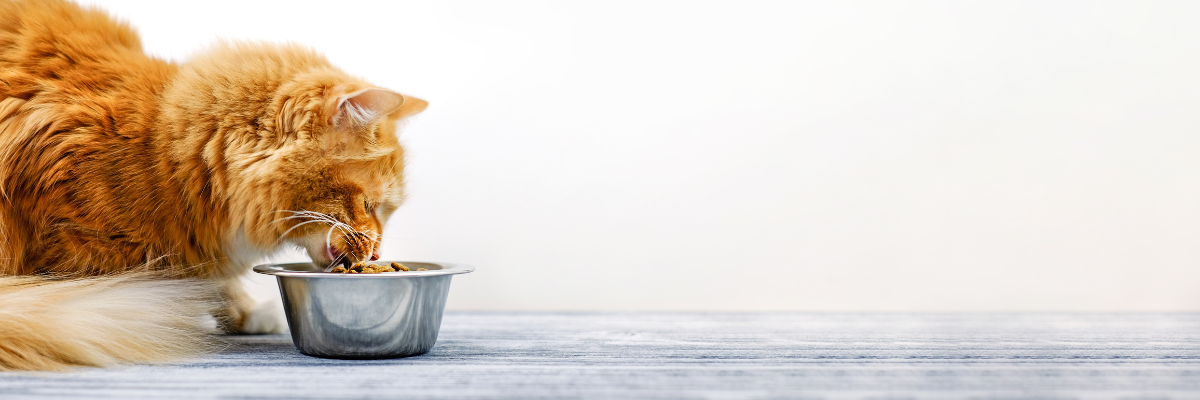Main Benefits of Owning a Cat for Seniors
Cats are the beloved creatures of our planet, as anyone who has even once looked at the internet monopolised by them is well aware. There are currently over 500 million of them in the world! And for good reason! People have taken a liking to these animals for their independence, dignity and cute appearance. But having a cat at home can have many other advantages too! Especially when it comes to feline companions for the elderly. Discover the greatest benefits of owning a cat as an elderly person! What are the advantages of companion pets for seniors?
Is getting companion pets for seniors a good idea?
Unfortunately, older people are very often lonely. Their children fly away from the family nest and start their own families, relatives and partners move away. Loneliness among older people is a real scourge and leads to depression and other mental disorders. Companion pets for seniors can be a way out of this situation!
They make seniors feel needed, provide them with a companion, and give them someone to care for – and these are just some of the psychological benefits of having cats. Companion pets for seniors force older people to be more active and socialise, and have a number of health benefits. However, it’s important to match the pet to the person’s physical condition and preferences to get the most out of the experience!
Companion pets for seniors — are cats good pets for the elderly?
If you are entertaining the thought of embracing companion pets for seniors in your life, then you are faced with a dilemma regarding whether or not what pet to choose. Are cats good pets? Or is it better to bet on a dog? In our opinion, cats are the best companions for seniors because they don’t require as much care as dogs. Cats don’t need to be walked or trained to go outside to satisfy their physiological needs, and they are also pleasant animals with whom you can form a real bond. Of course, with rodents, fish and birds there will be just as little fuss, but you won’t be able to cuddle them or form such a close relationship with them. Therefore, in our opinion, if you are looking for companion pets for seniors, cats for the elderly are the perfect match.
Benefits of owning a cat as a senior
The Benefits of owning a cat are divided into advantages for the body and the spirit. That is why you will find this division below. So what are the psychological benefits of having cats for the elderly?
Psychological benefits of having cats
There are plenty of psychological benefits of having cats. Firstly, cats give the elderly a sense of being important and needed. They give seniors someone to look after, something to get out of the house for and to socialise with, which significantly reduces the risk of developing illnesses such as depression or apathy. In addition, companion pets for seniors are also used in the treatment of all types of nervous disorders. Supporters of feline therapy will also tell you that placing a cat in a painful area of the body relieves the pain, thanks to the negative ionisation of its fur.
Physical benefits of having cats
It turns out that people who surround themselves with cats live 4-5 years longer than other people. This is due to the cat’s purring which has been proved that acoustic vibrations of a certain frequency contribute to the reduction of high blood pressure. It also has a positive effect on the nervous system. Another benefit of owning a cat is that the presence of a cat at home has a positive effect on our heart and reduces the risk of strokes and heart attacks. What else? According to researchers at the Animal Communication Institute in North Carolina, USA, owning a cat has a beneficial effect on our immune system. It turns out that it causes the production of antibodies in the body of children, which can prevent asthma and respiratory infections.
Cat 101: how to take care of a cat?
If you’ve decided to take in a cat, you’ll definitely find some key information about how to care for your cat useful. Here are the main points to consider.
What cat food?
Ask the owner of the cattery or shelter where you are taking in your cat about the type and amount of food. As a general rule, cats should eat mainly wet food with a mix of dry one and be fed 2-3 times a day.
Cat equipment
The basic things to start with are food and water bowls, a bed, toys, a scratching post and a litter tray with litter.
Your cat’s first day at home
Remember that your cat’s first day at home should be a calm one. Give your cat time to acclimatise. Leave it in one room at first and then let it out into the rest of the house.
That is all for today! Enjoy the other articles available on our blog! And good luck to the new cat guardians!















